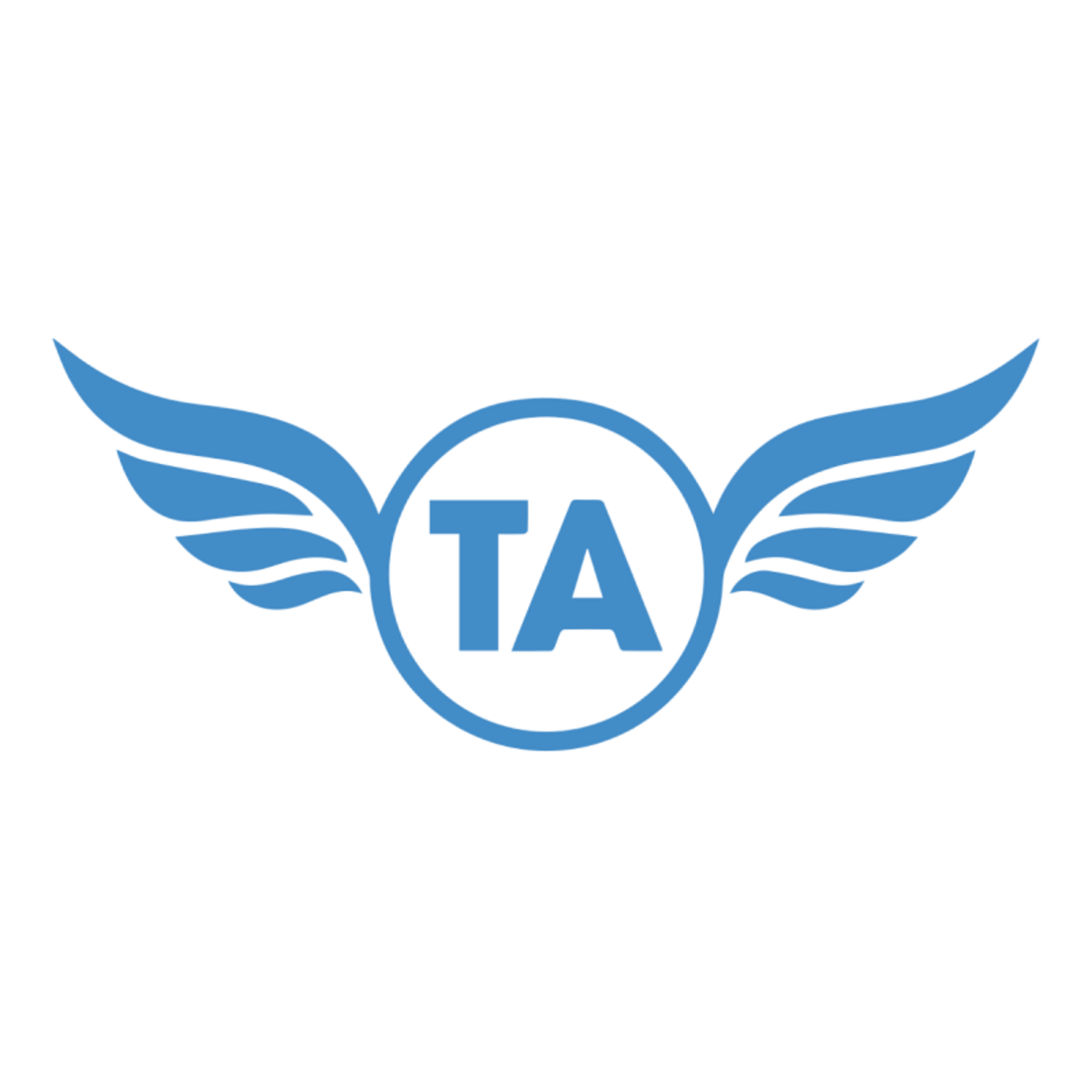If you’re new to this newsletter, click here to access the rest of my newsletter articles such as the “Why We Passed on this Startup” series, reflections on investing, and tactics on winning in the market. Now, onto today’s post!

Over the years, I’ve seen many startups. Unsurprisingly, many, many of them struggle to acquire customers.
Today, I want to introduce something that I’ve seen as an investor and I would say that most founders don’t really think about.
I call it the “Small Ask.” Let me explain.
The Small Ask at the Bellin Run
Every June, I run a 10k race in Green Bay called the Bellin Run. I have heard that it is one of the largest community races in the country. Thousands of people come from all across Green Bay, the state, but also the world to run it. They have a kids 1K race the night before that my boys enjoy running. It’s a fun annual family tradition.
Several years ago, shortly after I crossed the finish line, I had an unexpected encounter with a new product that made me a long-term customer of that product.
As I was catching my breath after the race that year, I was walking through the main race area in Astor Park where they had tents and food trucks and such. One vendor tent had a flurry of people around it. It caught my eye. On the side, the tent had a large cardboard picture of the product. It was a canned drink.
I approached the tent to see on the table were a host of these ice cold canned drinks. When I approached the table, a worker put a drink in my hand and said, “Here. Enjoy!”
I walked off and I looked at the can that I just received for free. The drink was called Bubbl’r, and the flavor was Triple Berry Breez’r. I had never heard of Bubbl’r before. But I had just been handed a free drink, and it was chilled, cool beverage, and I was thirsty. So, the worst thing that can happen is that I have one sip and this drink is terrible and I throw it away at the nearest trash can. So, I popped the tab and gave it a swig.
“Wow!” I immediately thought. “This is GOOD! What is this?” And I looked much closer at the can, the design, and scanned the ingredient list. It’s healthy too!
And since then, since that moment, Bubbl’r has been a drink that I regularly enjoy. I’ve expanded to other delicious flavors, and I may or not be drinking one right now as I write this.
Yet, many, many startups are fighting with their products to get one customer after another. Sometimes all they need to do is find the hand to put the Bubbl’r in and say, “Here. Enjoy!”
The Power of the Small Ask
I will expand on this in another post, but I wanted to just lay the premise out here.
✅ The Small Ask is a bite-sized offer to a prospect that is so low-risk and low commitment that it becomes a "Oh, why not?" decision for the customer. ✅
It could be a offer to try the product, to get a slice of value, to get a taste of the experience in a low-risk and low-commitment way.
The Small Ask has two superpowers:
The Small Ask is Low-Risk
✅ “I don’t have much or anything to lose.” ✅
When people make decisions, there is always a analysis of risk and reward. The more bloated the decision, the harder the decision to make.
This is why I love Costco. My wife and son have Celiac Disease so they have to eat gluten free due to their autoimmune disease. She often tends to experiment with different gluten free products to see what my son might be into. Yesterday, my wife went to Costco yesterday and came back with a couple of new products that I’ve never seen before.
Now, on one hand, the argument may be, “Well that’s a waste of money! What if you don’t like it?”
That’s the power of the Small Ask. With Costco, they stand behind all of their products such that if you don’t like a particular food product, you can return it as long as there is more than 50% of the product in the container.
So, if we don’t like it, we’re not out the money as we will get a refund. And we have the clarity to see if the product works for us.
Whereas with other companies and brands where I opened up a product and don’t like it, it’s a lot more complicated… Costco has the Small Ask for their customers.
So, if we buy it and don’t like it, we don’t have anything to lose.
“This isn’t a big decision after all.”
The Small Ask is Low-Commitment
✅ “There are few or no strings attached at all.” ✅
It’s not just nothing to lose, but very few or no strings attached from making the decision if it turns out it was not the best.
Commitment can vary in terms of its currency - a mailing address, phone number, or a credit card number carries a much higher level of commitment than an email address.
✅ Commitment should be measured in how easy the situation is to either get into and slip away from. ✅
You want to move a prospect closing to the starting blocks. The Small Ask helps you do that.
Lower the magnitude of the ask so much that it becomes a "Oh, why not?" decision.
Not Prioritizing the Small Ask
As an investor, there are many instances where I see Small Asks or Big Asks in action.
Tundra Angels was one doing due diligence on a startup.
The startup had a software product where it sold its product to small and medium size companies in a particular industry. From a go-to-market perspective, the company had an enterprise sales motion to sell to a certain persona in the organization. If that meeting went well, it would then lead to another meeting with a several other leaders in the organization. Then, the organization would have to discuss internally, etc. These were high contract dollar sales from an annual recurring revenue standpoint. Yet, because it was an enterprise sale, each organization had different systems, processes, etc. Even though the startup's product was the same, the implementation connections across different customers was all over the board.
In due diligence, I got on the call with the founders, and several other CEOs who were members of Tundra Angels. All of these CEOs were potential customers of the startup. They were interested not only from an investor perspective but also a customer perspective.
One of the CEOs was highly skeptical of the startup's value proposition. He identified that the variability of systems and data across different customers in the industry was the most unwieldy part to all of this. The CEO didn't doubt that the software worked. He doubted that it would work across his company's data.
On the call, this CEO posed a profound question to the founding team:
"Do you have an easy way that I can upload some of my own data myself to see how it works on my own data?"
This CEO knew exactly what he wanted - he wants a way to see if this product is worth it but with low-risk and low-commitment. He didn’t want to go through the hassle of the months of time of an enterprise sale and a massive implementation to discover that say, six months later, the outcome actually wasn't worth it after all.
Through previous conversations, this startup's biggest hurdle was the sales cycle and the implementation effort of their product. Up until that point, that moment, I didn't know how to reconcile it.
When the CEO asked this question, I was enlightened. "That's it. That’s it! That should be the startups wedge!"
To answer the question, the founder replied basically that they don't have a way to do it.
After this CEO illuminated what I saw as the Small Ask, I was obsessed.
In further due diligence with the company, I asked them twice more about if they were going to set up a way to allow an executive to be able to upload a small subset of data and see the product value themselves. But both times, the founding team said, "It's not on our roadmap and we don't have timeframe for when it will be on the roadmap."
I found this situation fascinating. Because in layman’s terms, the CEO was asking if the company had a Small Ask. Do you have a different approach where there is low-risk and low-commitment to see if this is worth it?
But the startup didn’t have a Small Ask. Apparently, they didn’t see how important it was. They were skipping over the tremendous opportunity to pursue a wedge that we seeded to them. And instead, choosing to execute on the same sales motion as all of the other startups in their space.
I still think about that moment on that call often. The Tundra Angels investor/CEO basically did the startup a huge favor in unlocking how to sell to him, and many others in the market, I would add. And what he wanted was a Small Ask that the startup wasn’t planning to give to him.
But I imagined that if this Small Ask were incorporated in the enterprise sales motion of this company. The company could run the enterprise sales motion but also introduce a Small Ask where prospects of the startup could actually get in and see if it’s worth it to begin with.
From my investor experience, it's not really about being the quickest to contract. It's about being the quickest to get in the door.
That’s where the Small Ask comes into play.
Closing Thoughts
In the next article, I am going to try to further unpack the power of the Small Ask. It will be fun.
The Small Ask is a bite-sized offer that is so low-risk and low commitment that it becomes a "Oh, why not?" decision for the customer.
It has two components:
It is low-risk - “I don’t have much or anything to lose.”
It is low-commitment - “There are few or no strings attached at all.”
The Small Ask can sometimes help startup founders see customer acquisition in a completely new light. Sometimes all founders need to do is find the hand to put the Bubbl’r in and say, “Here. Enjoy!”
Click here to access the rest of the newsletter articles.
Here are some of the recent ones!





